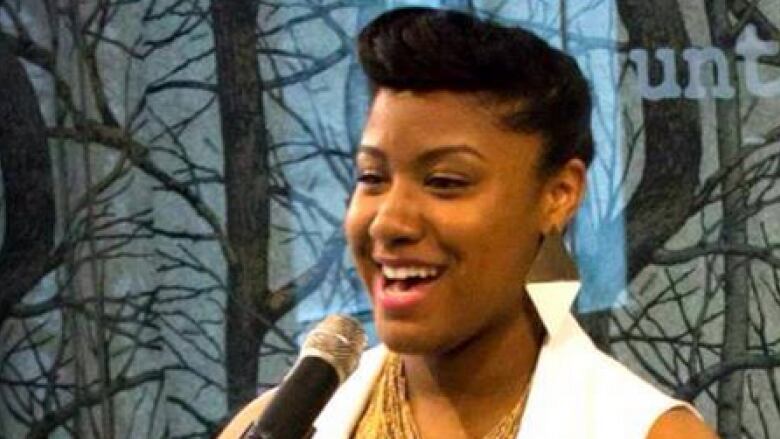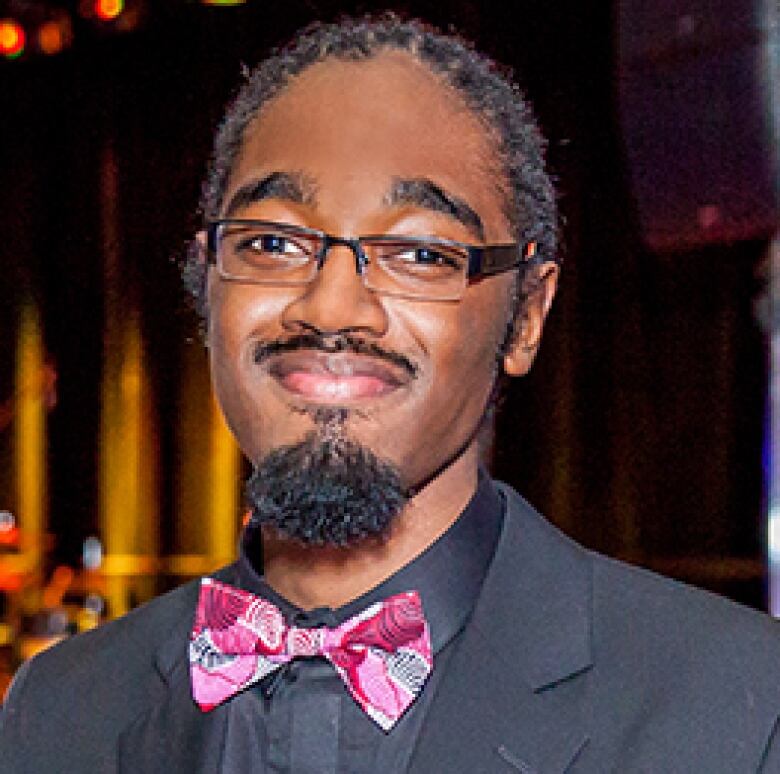African Nova Scotian education group wants focus on student needs
Tuesday, the province announced it would conduct a full audit of the Council on African Canadian Education

In the midst of the latest controversy over African Nova Scotian students education, a group of young African Nova Scotians say theyre fed up with the fighting.
Five twenty-somethings want to host a meeting to help the Department of Education and its advisory groups refocus on students' needs.
Theres this frustration thats growing with the system, says LeMeia Reddick, 24.
On Tuesday, the province announced it would conduct a full audit of the Council on African Canadian Education after saying last week it would no longer fund any staff positions at the council.
CACE, which is meant to be an advisory body to the department, had no authority to hire staff, the education department said.
That move came after several years of arguments, including one over the name of the Delmore Buddy Daye Learning Institute.
I dont care about that stuff, Reddick said. The fighting is so stupid.
Individual Program Plans meant for struggling students
The group of five have been working together for six months, and all have jobs that bring them into contact with African Nova Scotian students.
Reddick works for Hope Blooms and was also an African Nova Scotian support tutor for the education department, working with Grade 9 students. She is originally from North Preston.
Lindell Smith, 25, grew up in north-end Halifax and now works at the Halifax North Memorial Public Library on Gottingen Street.
The groups that act on behalf of young people dont actually have any way to hear from young people, Smith said.
For example, he said he often hears from students on Individual Program Plans, which are meant for struggling students, who dont want to be on the plans.
It limits your options in the future, Reddick said. The teachers refer them or put them on it, and it's really hard for them to get off it. A lot of students feel trapped within that program.
This month, Education Minister Karen Casey said she was concerned about new data that showed an increase in the number of students on the plans over the last 10 years.

Another problem is that there are too many similar pilot programs for black students, a duplication of efforts, but the students often dont know about them, Reddick said. Other times, they cant take advantage of them for logistical reasons, like not having transportation to after-school tutoring.
However, when not enough students show up, authorities cancel the programs, she said.
There's little collaboration and not a lot of willingness to work together, Reddick said. And I just think, too, that young people are not informing the process, because when they design something that they think young people want, it isn't always what young people want.
Programs to recruit students into the sciences, law school and medical school seem to work well, Reddick said.Reddick and Smiths group includes other young professionals who dont want to speak publicly about the issue because it would conflict with their jobs to do so.
However, she and Smith both said students often express an interest in entrepreneurship but have few ways to gain business skills.
We need to support them in understanding what it takes to run your own business eventually, Reddick said.












_(720p).jpg)


 OFFICIAL HD MUSIC VIDEO.jpg)
.jpg)



























































































